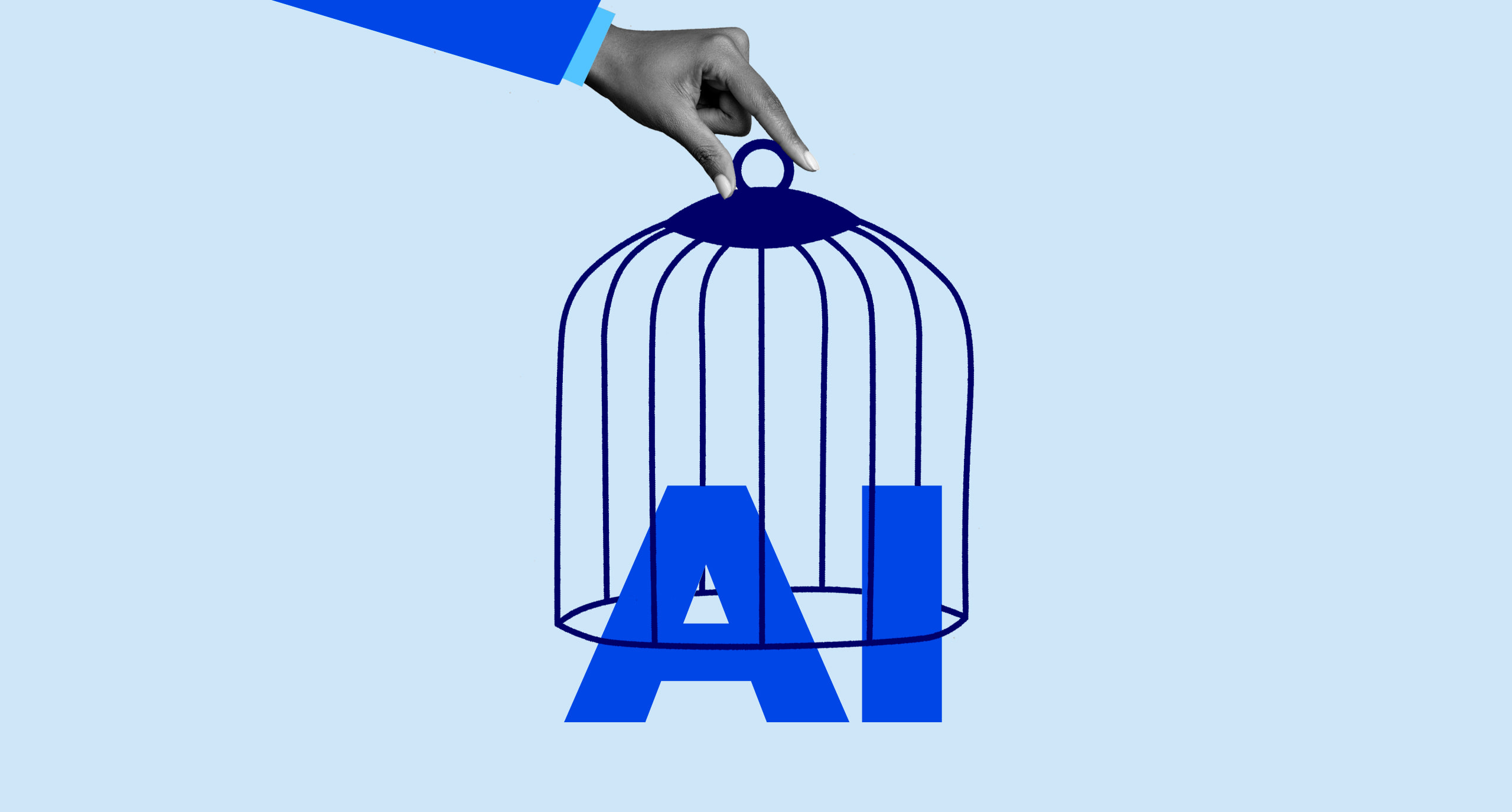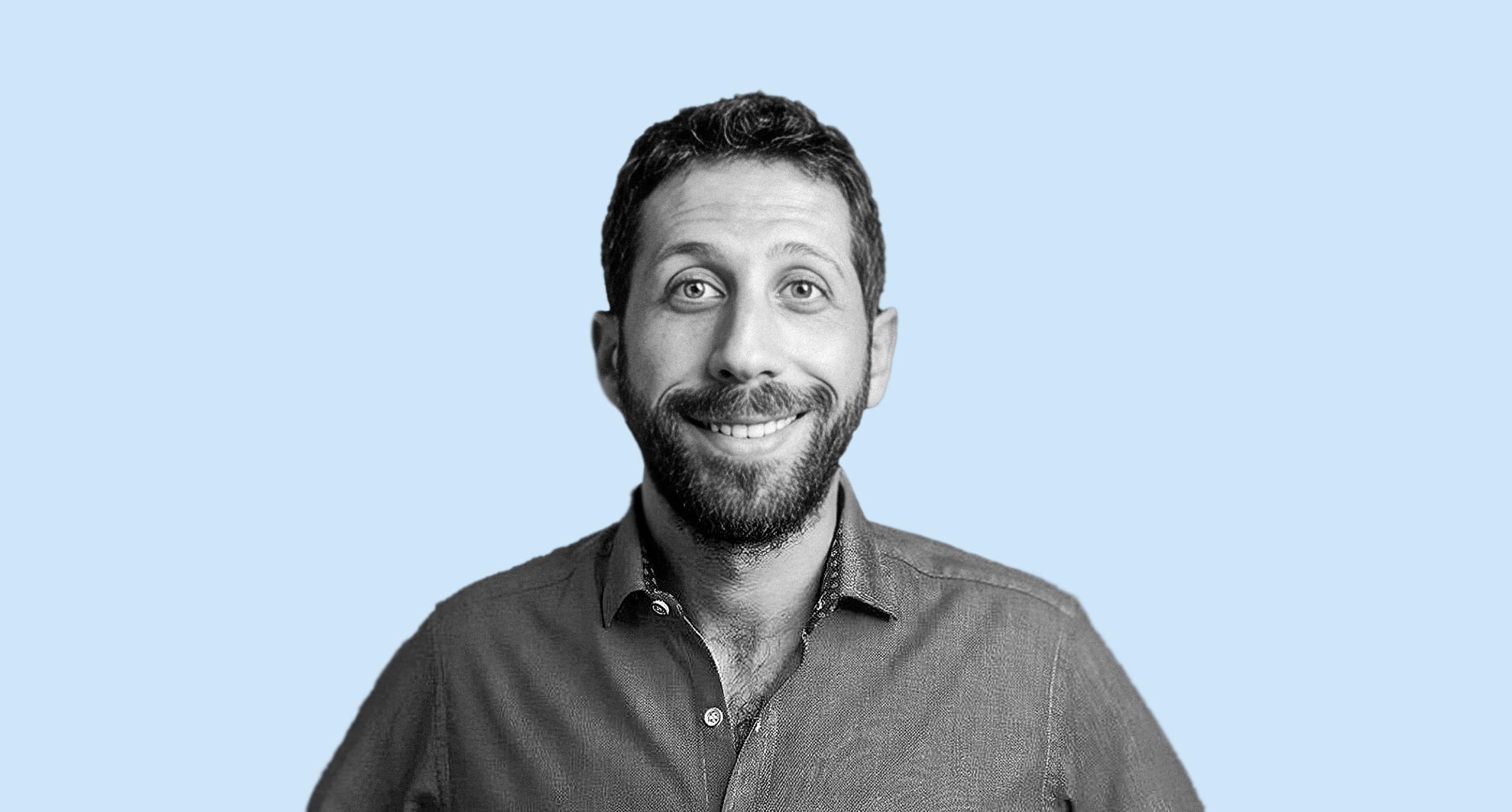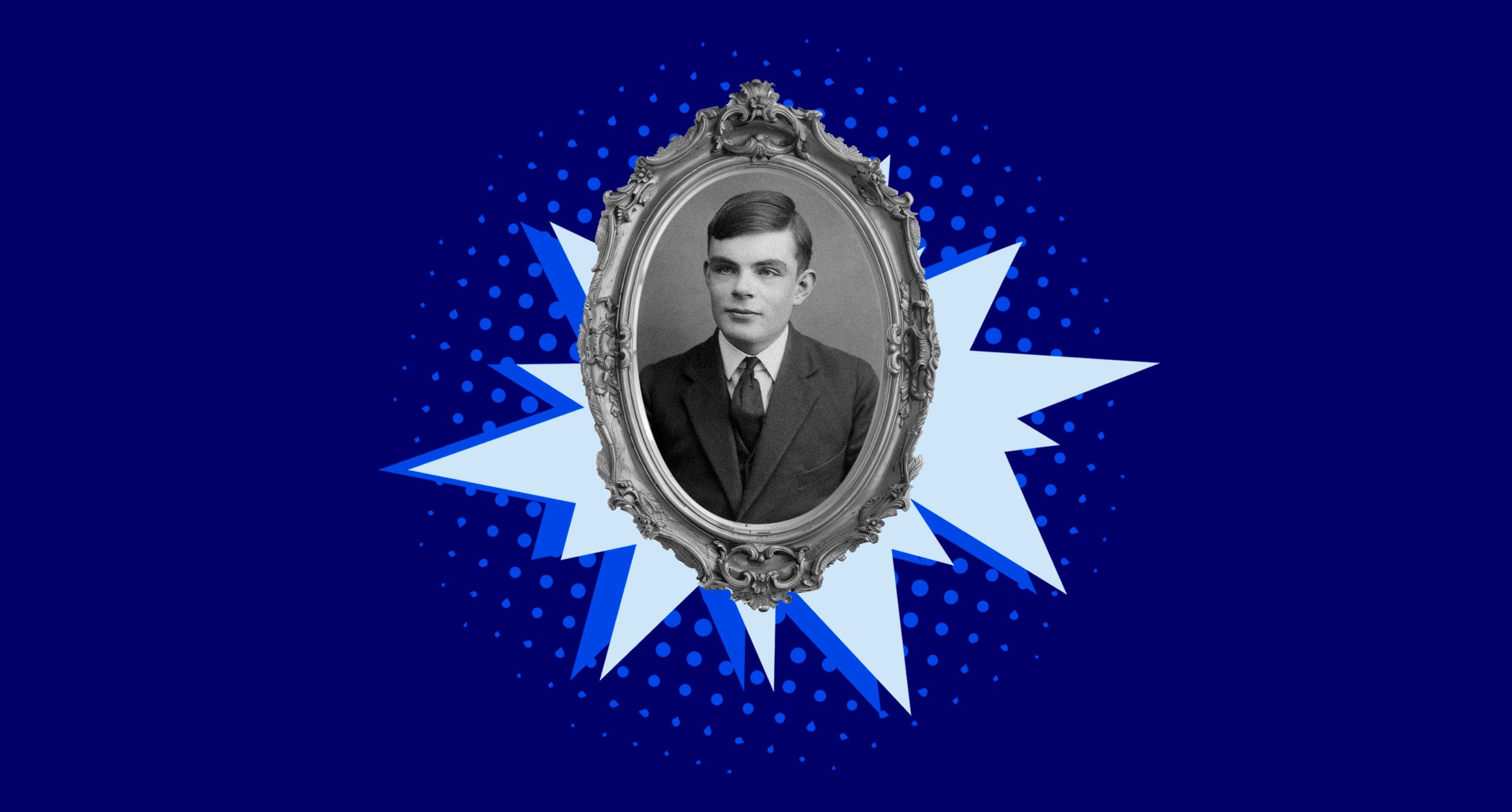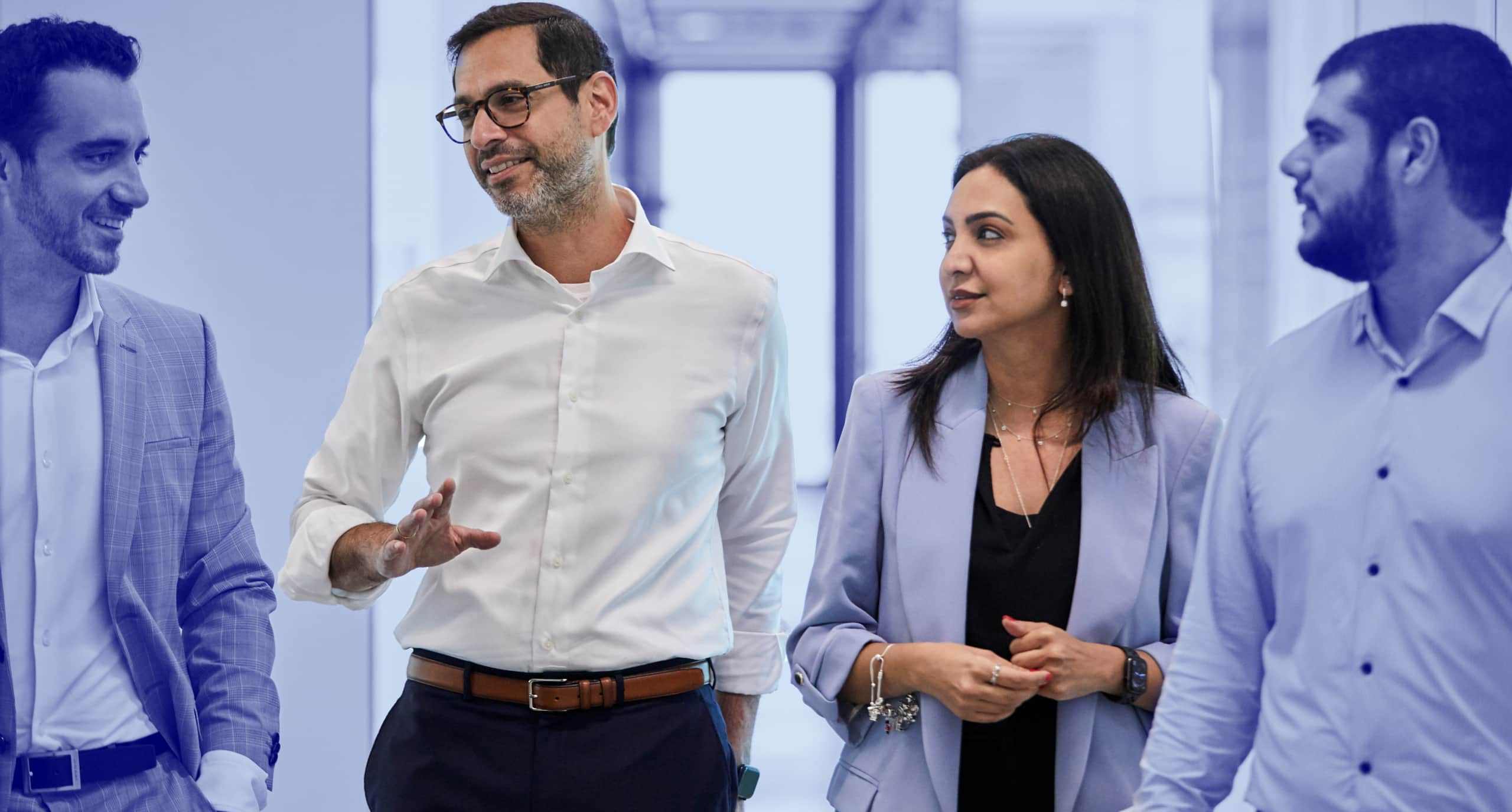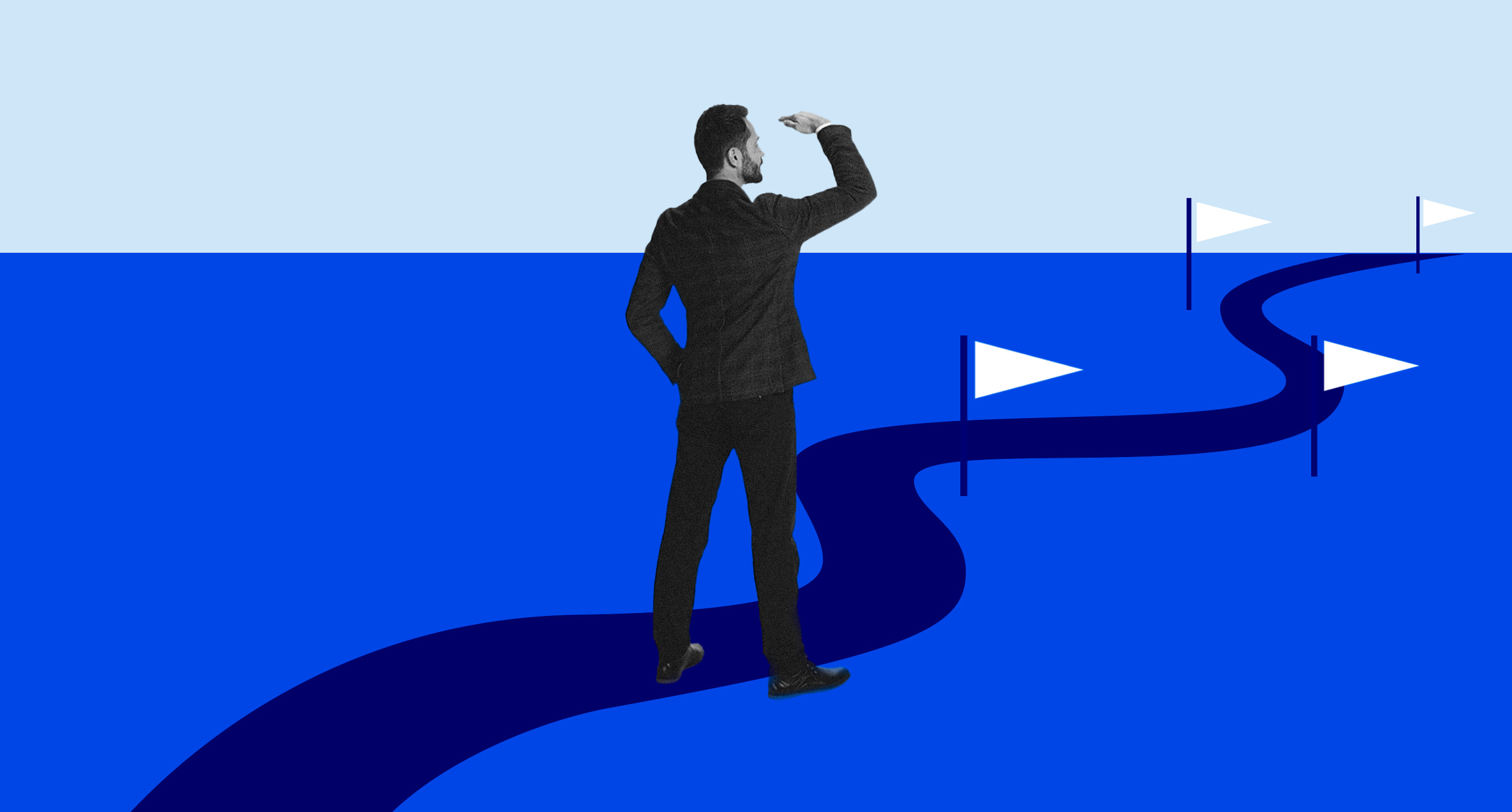Do you know what top think tanks do? Ever considered working at one? Luckily for you, we caught up with Miguel Otero-Iglesias, adjunct faculty at IE School of Global and Public Affairs and a senior analyst at the Elcano Royal Institute, to gain insights on seven organizations you should follow and what it takes to work in one a think tank.
Let’s get into it.
Why are top think tanks important?
Think tanks, Miguel explains, function as meeting points where academia, policy-makers and the private sector come together. They’re not only research centers, but also places where new ideas are generated and presented in a format accessible to a wider segment of society: many think tanks now produce podcasts, videos and social media output.
Their work also involves close contact with embassies, as diplomats draw heavily on the expertise of think tanks.
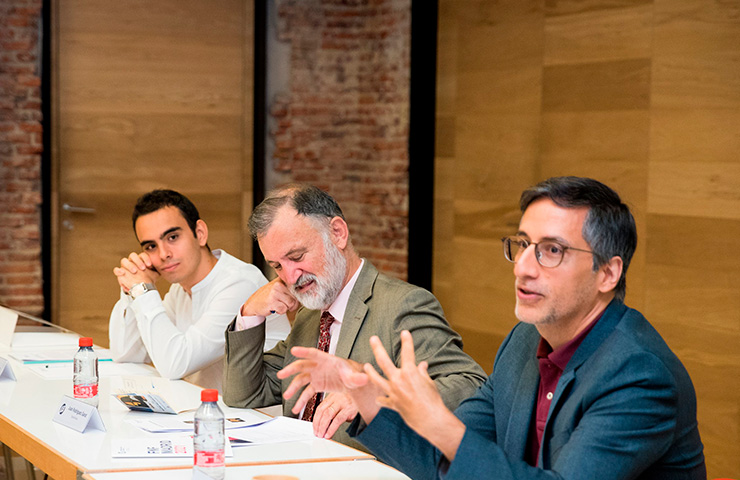
For this reason, the media will often approach think tanks for analysis of current events.
What skills are essential for think tank careers?
Miguel emphasizes the importance of writing. You can start with short pieces such as blog posts or LinkedIn articles, which allow you to demonstrate your knowledge and writing style to potential employers.
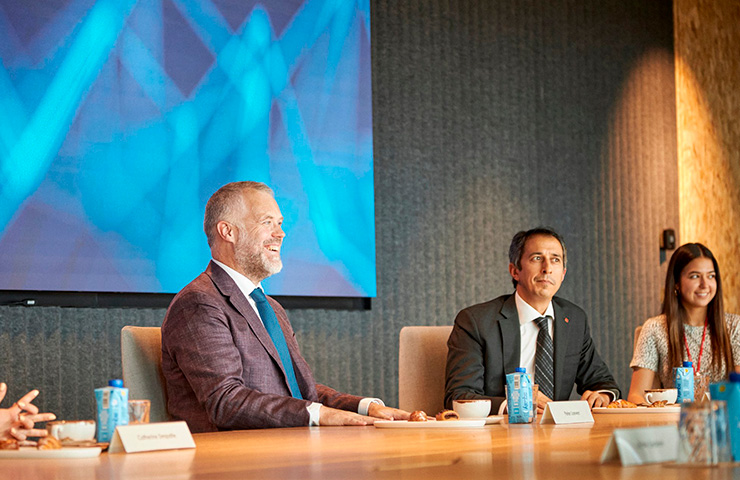
Make sure you come up with catchy titles and tailor your writing to your target audience.
Read plenty of think tank work to get a good grasp of the current “hot topics” in foreign policy. You’ll need to be able to undertake rigorous research and check your sources thoroughly, as well as know how to triangulate sources and methodologies.
Networking is another vital skill: get to know people who already work at think tanks and forge relationships with those who may be valuable sources.
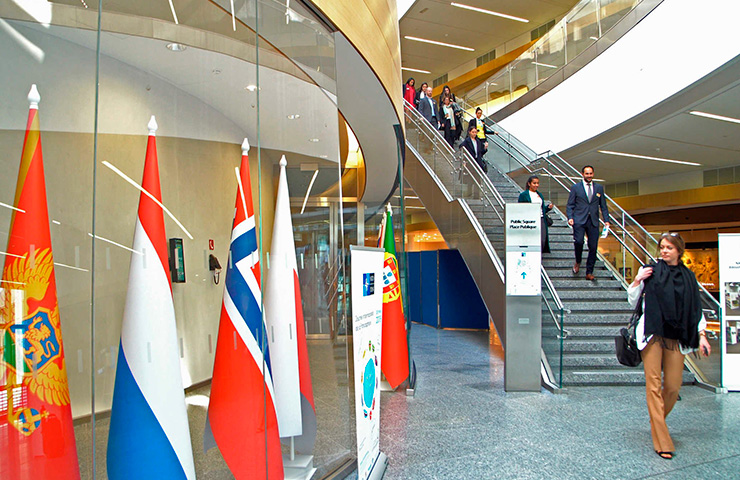
Miguel’s advice is to apply to all the think tanks you find interesting. It’s about “putting yourself out there and believing in your capacity to shape, determine and influence policy,” he says.
Miguel’s top think tanks
CEPS
Founded in Brussels in 1983, CEPS is a leading European think tank that offers a forum for debate on EU affairs. It provides insights on and potential solutions for EU policy-making through research projects, publications, task forces and regular events.
CSIS
The Center for Strategic & International Studies (CSIS) is a bipartisan nonprofit engaged in policy research. Based in Washington, the organization’s purpose is to define the future of national security. It also has sections focusing on Europe and Russia.
MERICS
The Mercator Institute for China Studies (MERICS) is the largest European research institute focusing exclusively on the analysis of present-day China. Based in Berlin, with an office in Brussels, MERICS plays an active role in supplying top EU decision-makers with in-depth insights.
Bruegel
Based in Brussels, Bruegel is a European think tank on a mission to boost the quality of economic policy. The European Commission regularly draws on Bruegel’s research, which is especially strong in the area of technology.
Chatham House
London-based Chatham House is one of the oldest think tanks in the world and an established and trusted source of independent analysis, dialogue and influential ideas. It continues to provide expertise through events, publishing and a network of policy experts.
IAI
The Istituto Affari Internazionali (IAI) is a private, independent, nonprofit think tank based in Rome. It aims to raise awareness of international politics and work towards advancing European integration and multilateral cooperation.
ECFR
The European Council on Foreign Relations (ECFR) is a highly respected think tank that conducts groundbreaking independent research into European foreign and security policy. Miguel highlights the ECFR as particularly influential.
So you want to work for a think tank?
A career at a think tank is an attractive proposition to many students interested in international relations think tank jobs—but you need more than a relevant degree to get your foot in the door. Miguel’s advice is to start developing the skills you need as early as possible in your career.
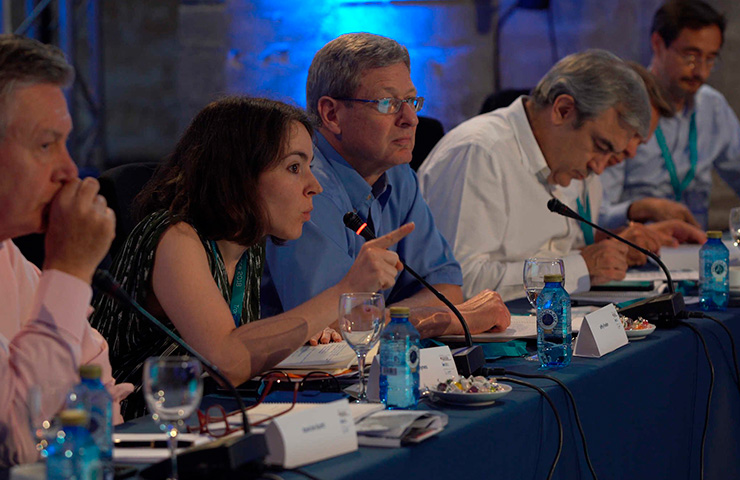
“At the end of the day, a good think tanker is a mixture of a journalist, a writer and an academic,” Miguel Otero-Iglesias.
Step into your future
If you’re looking for a program that will prepare you for a career in international relations, including working at a think tank, check out our Master in International Relations. It’s designed for professionals who want to understand the complex dynamics that shape global affairs and address the key challenges facing society today.
Hands-on training and real-world experience in top think tanks
Gain valuable knowledge and practical skills to carve your path to today’s leading think tanks.
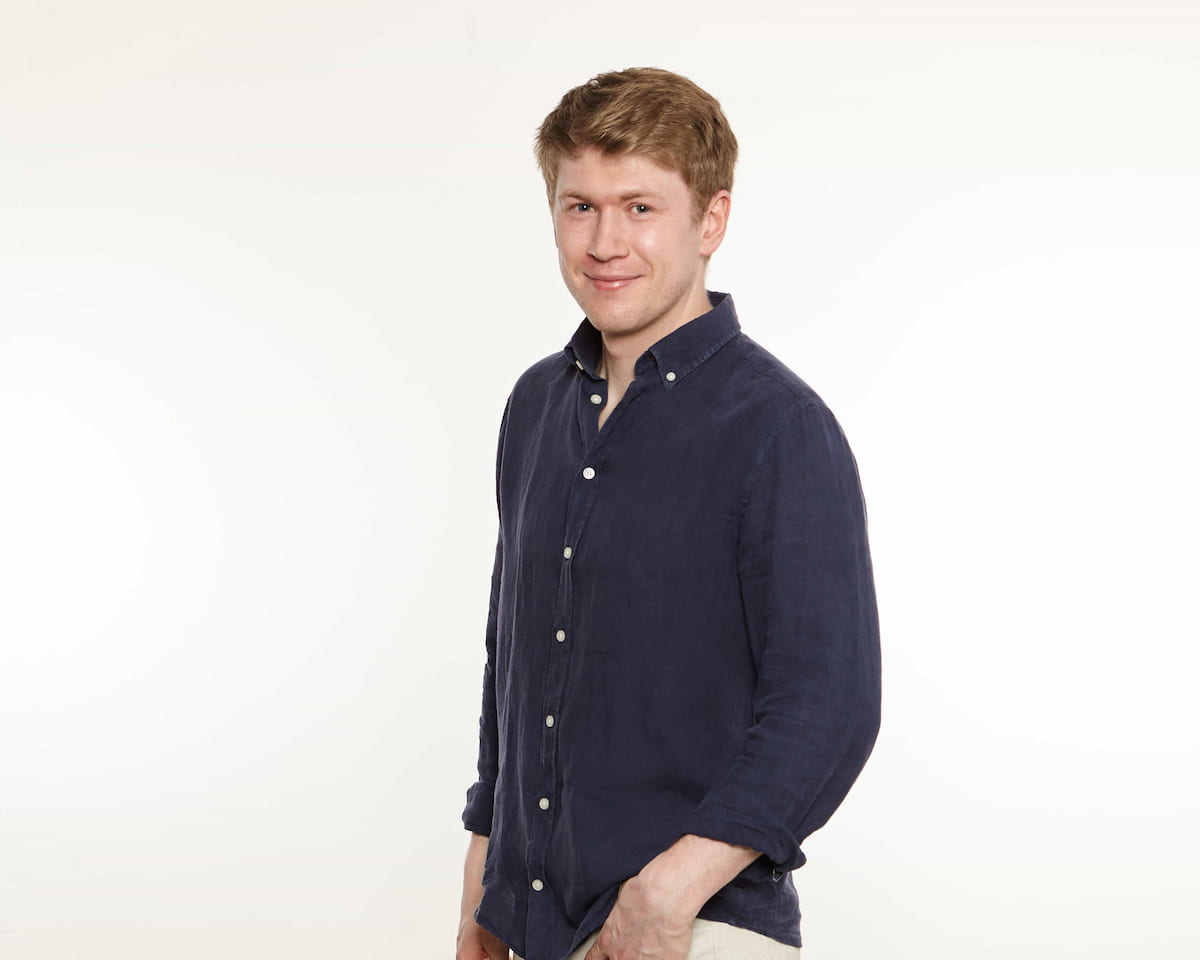
Benjamin is the editor of Uncover IE. His writing is featured in the LAMDA Verse and Prose Anthology Vol. 19, The Primer and Moonflake Press. Benjamin provided translation for “FalseStuff: La Muerte de las Musas”, winner of Best Theatre Show at the Max Awards 2024.
Benjamin was shortlisted for the Bristol Old Vic Open Sessions 2016 and the Alpine Fellowship Writing Prize 2023.


